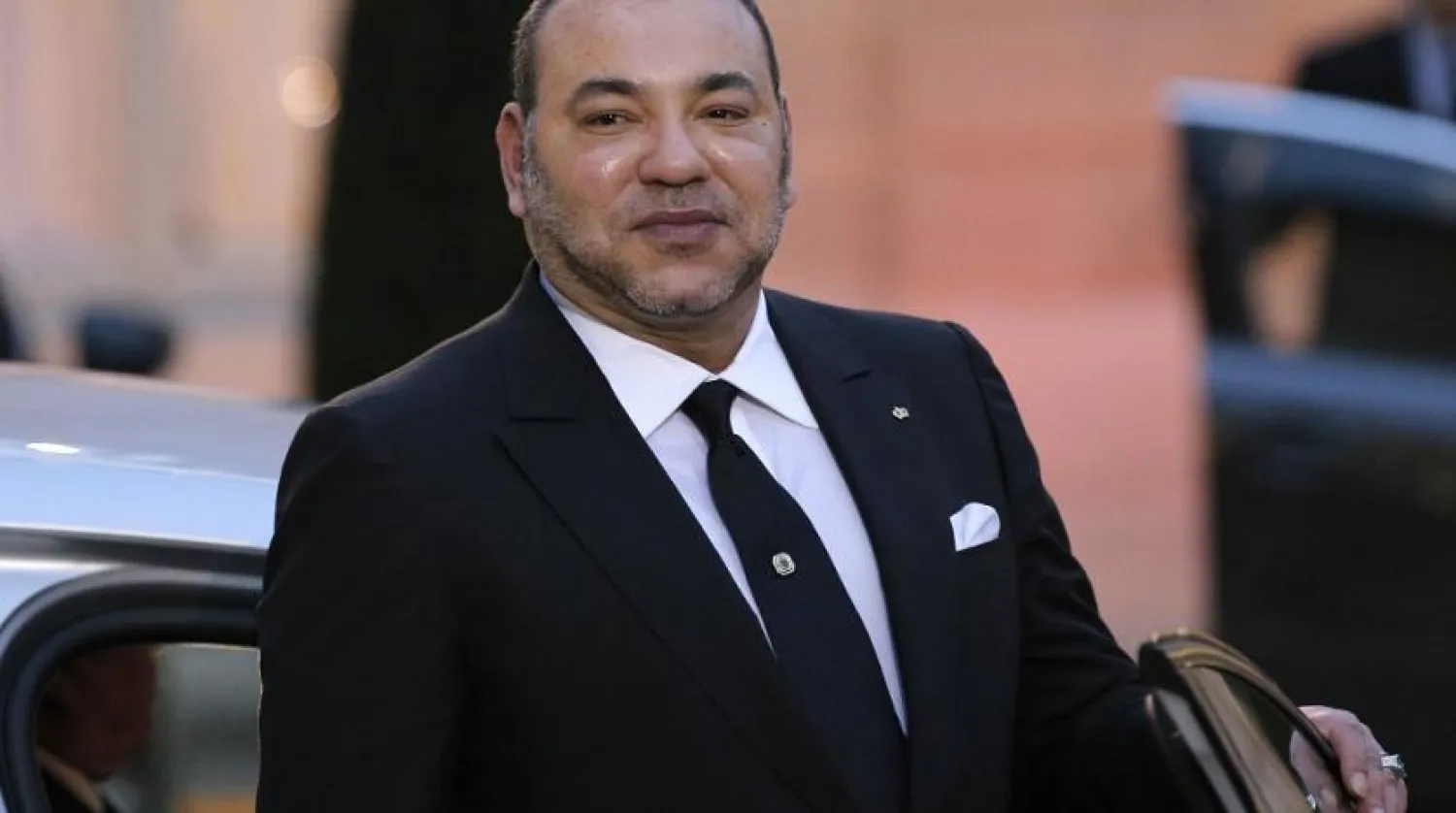Morocco’s King Mohammed VI decided this week to revive local representatives of Morocco’s Jewish communities and he ordered the Interior Ministry to plan elections for members of those bodies, not being organized since 1969.
The decision comes less than a week after the King gave instructions to build a new Jewish cultural museum in the city of Fez and to review renovation work performed at the Al Batha museum, a project with a budget of MAD 15.6 million.
The new museum will be built on a 1667 square meters area in the new Fez.
A press release issued Friday by the Interior Ministry said the King urged the minister to make sure that these elections are held periodically, according to the provisions of Dahir of May 7, 1945, a Royal Decree related to the reorganization of the Jewish communities.
One year after the ascension of King Mohammed VI to the throne in 1999, Rabat has engaged in a large-scale project to refurbish synagogues and other Jewish monuments. Since then, Moroccan Jews participate in elections at all levels, and they are represented in Parliament and municipalities across the country.
In April 2011, Morocco's King established a consulting committee to propose constitutional changes, which included a Jewish demand to consider Morocco's Jewish history to be a significant part of the country's heritage.
Accordingly, the new constitution recognizes the ‘Hebraic’ constituent as a component of Morocco’s national identity.
Since, Jews in the North African Kingdom have their own courts, family code and schools and even a state-supported Jewish heritage museum.
In 1940, French authorities in Morocco had planned to impose anti-Semitic laws by restricting certain professions and schools to Jews.
However, in 1942, King Mohammed V defied those anti-Jewish decrees by annulling discriminatory laws imposed against the community.









